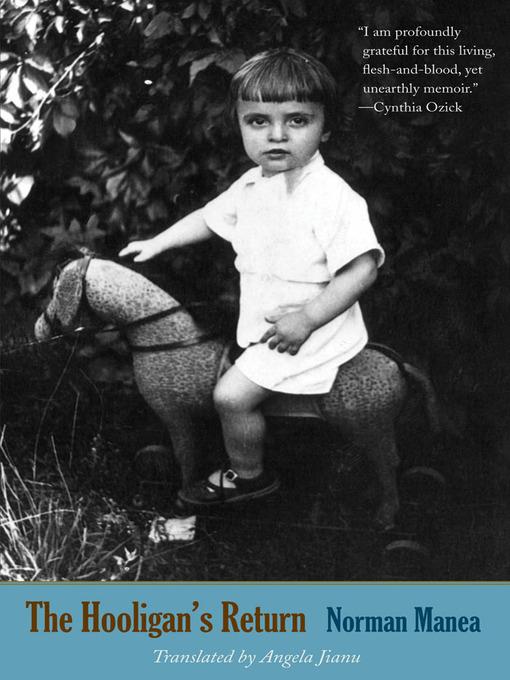
The Hooligan's Return
A Memoir
- اطلاعات
- نقد و بررسی
- دیدگاه کاربران
نقد و بررسی

June 9, 2003
Manea's life is simple synoptically, though his memoir is not. During WWII, when Manea is five, his Jewish family is deported to a concentration camp; he survives the "Initiation of Transnistria" to return to Romania, "an old man of nine," in 1945. With a semblance of the ordinary, Manea goes to school and becomes a hydroelectric engineer. But as "external adversity seemed to disappear... the internal one... remained as its residue." Having survived the Holocaust, Manea must next survive the repressions of the Ceaucescu regime, and after arriving in the U.S. in 1988, he must survive exile. Survival in all these cases calls for remembering and memorializing the lives of his parents and extended family, as well as his fellow writers and artists, and for testifying against the evildoers, active and passive. Manea's account comes in several voices: a first-person intimacy where all seems true (i.e., factual) alternates with the voice of fiction, a third-person tale, which sounds like truth, and the distancing voice of an objective narrator ("the mother"; "the son") that moves toward the abstract. The author applies the fluidity of prose fiction to his autobiography, juxtaposing the aphoristic and oblique with the fanciful and direct. On the barely visible backdrop, the ghostly, ghastly figures of 20th-century historical Romania hover like "Securitate eavesdroppers." This is a dense, absorbing and internally complex work in which a stroll on Manhattan's Upper West Side is a prologue to a time shifting (as the pages move forward, time slips back and forth) and place shifting. Readers are often in Transnistria when they thought they were comfortably in Bukovina or Itcani. Manea's memoir, which so often speaks metaphorically, is surely intended to provoke a sense of that displacement.




دیدگاه کاربران